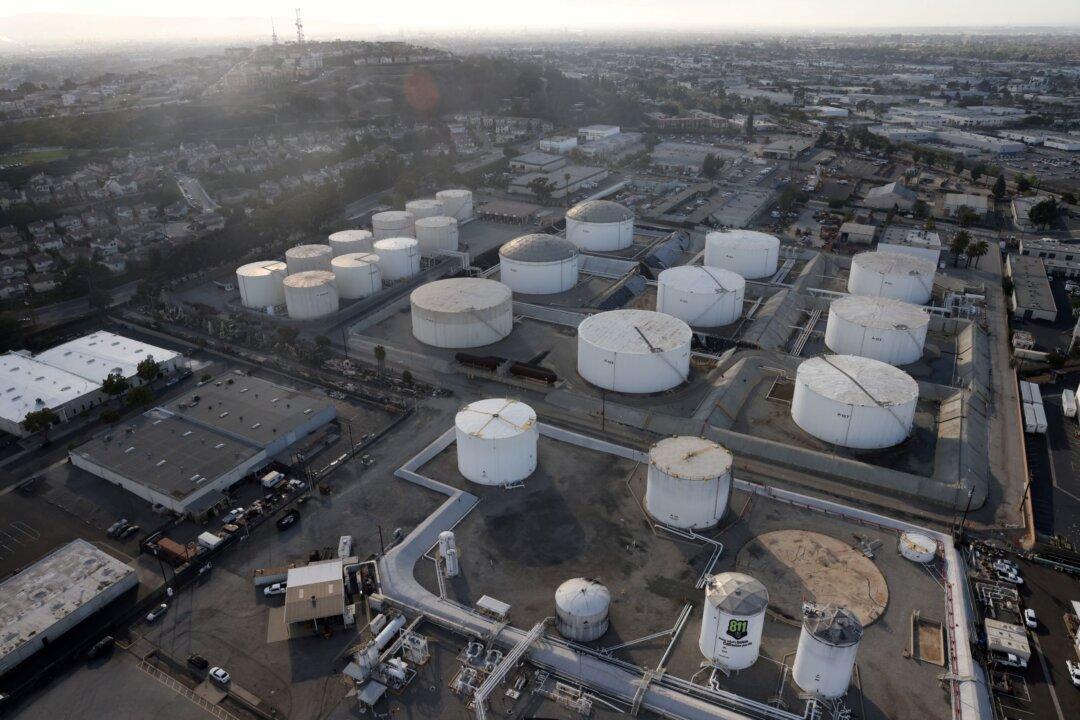LONDON—Oil prices edged up on Monday as supply disruptions in Kazakhstan and Libya offset worries stemming from the rapid global rise in Omicron infections.
Brent crude rose 19 cents, or 0.2 percent, to $81.94 a barrel at 1006 GMT, and U.S. West Texas Intermediate (WTI) crude was up 20 cents, or 0.3 percent, at $79.10 a barrel.





